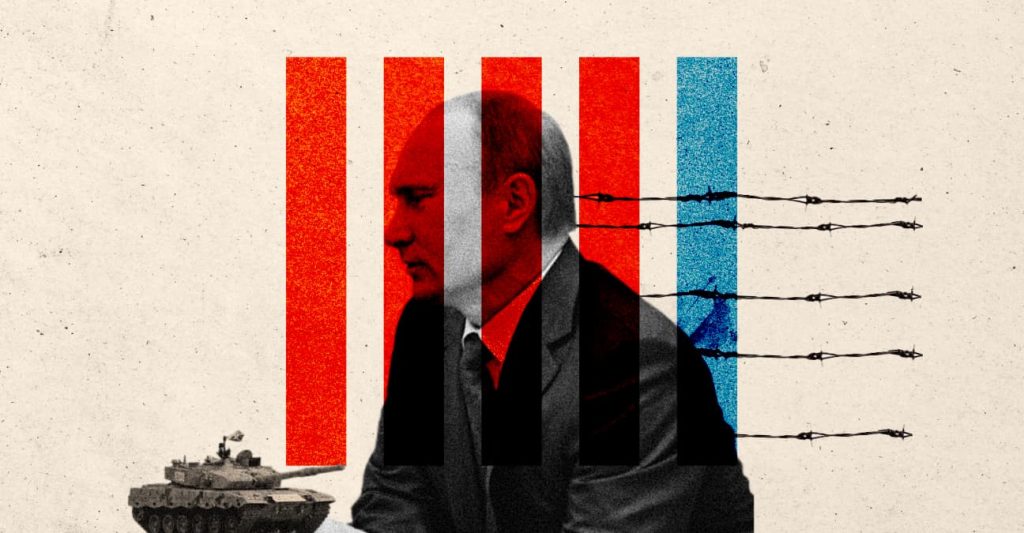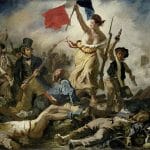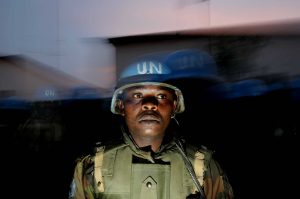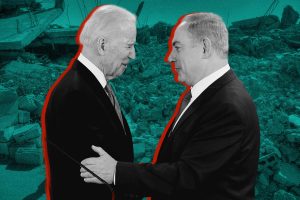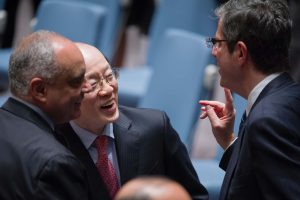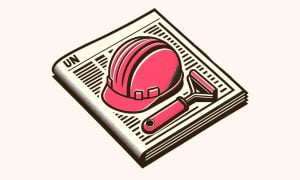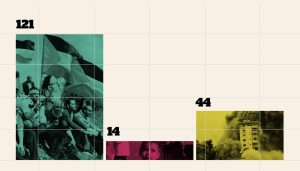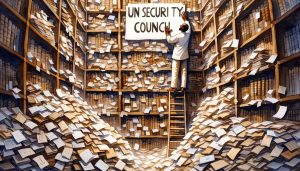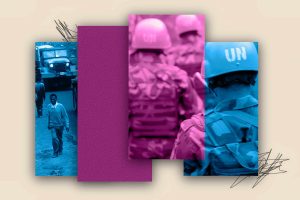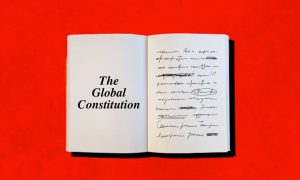Russia’s permanent seat on the UN Security Council is under scrutiny like never. What would happen if the UN decided to expel this rogue state from the Security Council? Will it lead to war, polarisation, or perhaps a new beginning for the UN?
About a year ago now, on 7 April 2022, the UN General Assembly adopted a resolution triggering the suspension of Russia from the Human Rights Council. Oh, would it not be lovely if it could also be suspended from its status as a permanent member of the Security Council! But first things first.
How can Russia be removed from the Security Council?
Currently, the UN does not have a mechanism for to expel Russia from the UNSC, nevertheless, it could adopt other means to get Russia thrown out.
The first would be to expel or suspend the Russian Federation from the UN altogether for the serious breaches of its Charter; while the second way would be to find a loophole relating to its position as the successor of the Soviet Union, which was, in fact, the legitimate member according to the founding principles of the organisation.
This option is very unlikely. To date, the UN has never suspended a nation from the organisation, apart from ditching the Republic of China for the People’s Republic of China in 1971. This, despite the countless atrocities committed by governments throughout the UN’s history, ranging from genocide to every possible abuse of human rights and usurpation of power.
The suspensions that are generally practised only concern payments. Under Article 19 of the Charter, a Member State “in arrears in the payment of its dues in an amount that equals or exceeds the contributions due for two preceding years can lose its vote in the General Assembly.” As of 7 February 2023, five countries are under this injunction, namely, the Comoros, Lebanon, São Tomé and Príncipe, Somalia and Venezuela.
Of course, Russia is far from being alone in putting its middle finger up to the principles of the UN Charter. About half of the UN Member States would need to be expelled, including the US, whose unconditional support of Israel, irrespective of its brutalities, is nothing short of criminal.
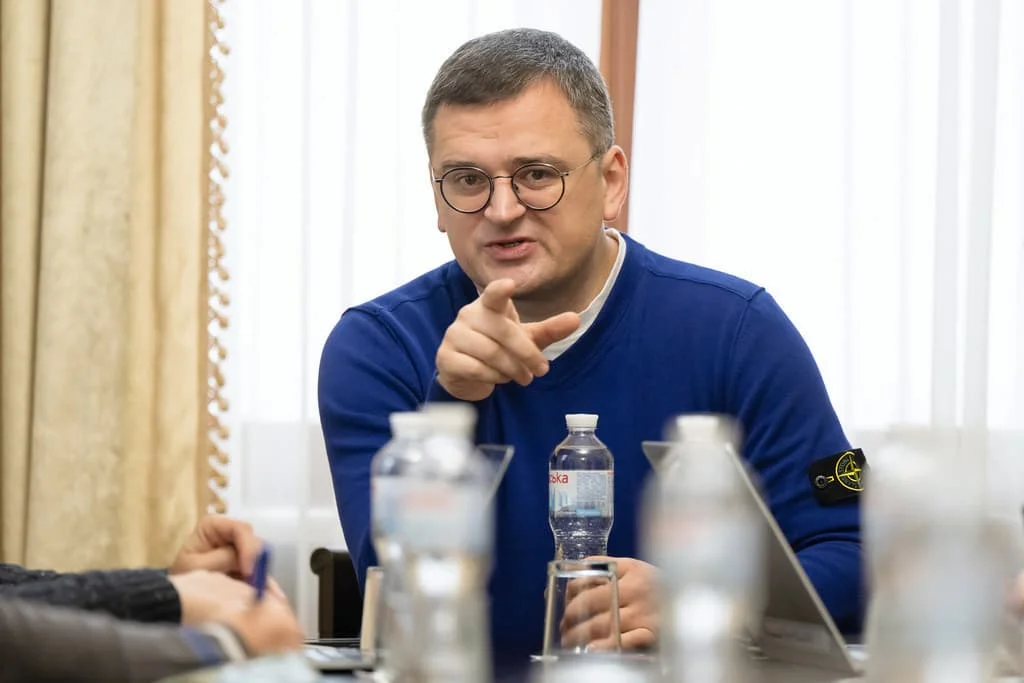
The second option, however, is not as outrageous as it seems. On 13 February 2023, the Ukrainian Minister of Foreign Affairs, Dmytro Kuleba, tweeted: “In December 1991, Russia illegally usurped the USSR’s seat in the United Nations Security Council. No legal procedures defined by the UN Charter were upheld. This gave Moscow a feeling of absolute impunity which led to numerous crimes. The UNSC will be better off without Russia.”
In December 1991, Russia illegally usurped the USSR's seat in the United Nations Security Council. No legal procedures defined by the UN Charter were upheld. This gave Moscow a feeling of absolute impunity which led to numerous crimes. The UNSC will be better off without Russia. pic.twitter.com/3iKNf4VGhT
— Dmytro Kuleba (@DmytroKuleba) February 13, 2023
From a legal standpoint, Kuleba is right. Afterall, the Soviet Union included many countries that are now independent, some of which are even members of what was then its arch-enemy, namely NATO.
So let us assume that the Russian Federation is thrown out through a legal challenge that even China cannot argue against. What then? Here are three possible scenarios.
Scenario One: The Beginning of the End
Putin (or his successor) will start by ranting and raving. Indeed, one can expect that that will apply to all three scenarios. In this one, however, his next move will be to create an alternative United Nations. Possible candidates could come from those 38 other countries that did not back the move to condemn his illegal and bloodthirsty attack on Ukraine; that is the countries that voted against or abstained, such as North Korea, Syria, Nicaragua, India, Pakistan and South Africa. China too, agrees to join, as long as it can keep a foot in both camps. Weaker countries would be lured through trade deals, subsidies and other incentives, or perhaps pressured through direct or veiled threats.
Meanwhile, the UN will be engaged in endless and inconclusive debates on whether to allow counties to retain their membership if also espousing the rival organisation. Eventually, the decision is made for it when the new organisation feels strong enough to stipulate that its members cannot be members of both organisations. Most stay, while more still are persuaded to join. China decides to stay, realising that the new legal order gives it all the leeway it needs to carry out its imperialistic and repressive agenda, such as an invasion of Taiwan, with “international” backing.
The world becomes more and more polarised. The situation could be exacerbated by the unthinkable: Trump winning another US election (it happened before!). Now Trump feels bold enough to follow his instinct and dump NATO and the UN and join the dark side. Israel will no doubt follow suit. Democrats in the US, and perhaps one or two Republicans, will be livid. It will be like the early 1860s all over again, but international events override internal issues. Polarisation reaches its peak. Battlelines are drawn. Coexistence becomes more and more untenable… And then: BOOM.
The prophesy attributed to Einstein’s comes true: “I know not with what weapons World War III will be fought, but World War IV will be fought with sticks and stones.” Or perhaps, with so many nuclear powers on the dark side, it may just win and the world will be plunged into another dark age, only much, much darker.
Scenario Two: Trampled to Death by Geese
The second scenario starts off very much like the first, with Putin trying to create a rival UN. This time, however, few countries take him seriously: perhaps just those that voted with Russia against the above-mentioned resolution: Belarus, North Korea, Eritrea, Mali, Nicaragua and Syria. Russia becomes more and more isolated, but China ensures that its interests are maintained at the UN.
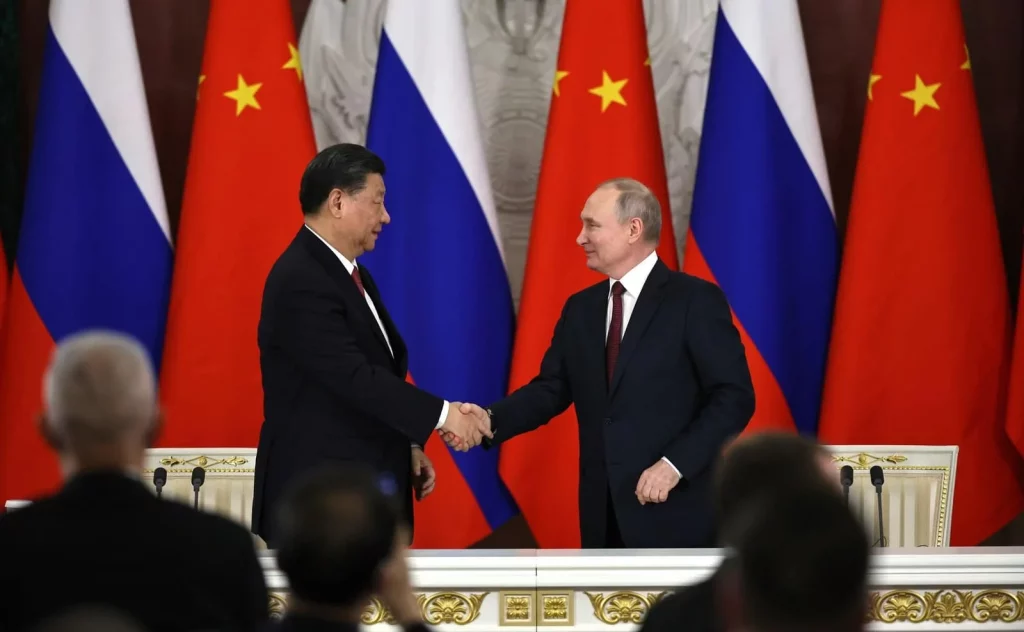
Realising that its attempts to develop a rival UN are failing fast, Russia tries to redefine the Russian Federation to reclaim its original privileged status at the UN Security Council. Meanwhile, the UN embarks on countless debates on whether this is a good time to reform the structure of the Council. China proposes a new Security Council made up of representatives of large federations, international organisations or countries with a population of over one billion people. The block would replace the Security Council Permanent Members and retain the veto, while countries left out would be given permanent status minus the veto. Its recommended candidates include China, India, the EU, the Russian Federation, the African Union, the US, the Association of Southeast Asian Nations (ASEAN), the Organisation of American States minus the US and the Pacific Islands Form.
Countries like the UK and Pakistan are up in arms. The UK argues that obtaining a consensus from the Member States of these blocks on any issue would take weeks at best, but would more likely be impossible. This, they point out, would in most scenarios paralyse the Security Council completely and would certainly make urgently needed decisions impossible. Its counterproposal is to fill in the vacant seat with rotating members who will enjoy all the privileges of the Big Five during their tenure. This idea is also shot down as it is argued that it would open the veto power to further abuse.
Countless suggestions are put forward, but ultimately the four remaining permanent members realise that they are best served by the status quo. It is therefore decided that the Russian Federation should be given the opportunity to re-join once the legal glitches have been resolved and it is no longer at war. Security Council reform would nevertheless remain on the agenda as it has been for years, irrespective of the position of the Russian Federation. The UN would hence continue with its finger politics: pointing, wagging and middle finger to decisive action. The charade, however, would have undermined the institution even further and it already limited ability to get anything meaningful done, particularly in the sphere of world peace.
Scenario Three: The Phoenix from the Ashes
In this scenario, the expulsion of Russia from the UN triggers a wave of uncertainty and commotion. Russia goes all out to undermine the organisation through every possible means. The countless flaws it was happy to support or put up with now become its primary weapon. Its propaganda machine injects insecurity, frustration and anger at all levels of the organisation. A few countries pull out of the organisation triggering a domino effect of withdrawals on the one hand and opportunist countries trying to exploit the upheaval on the other.
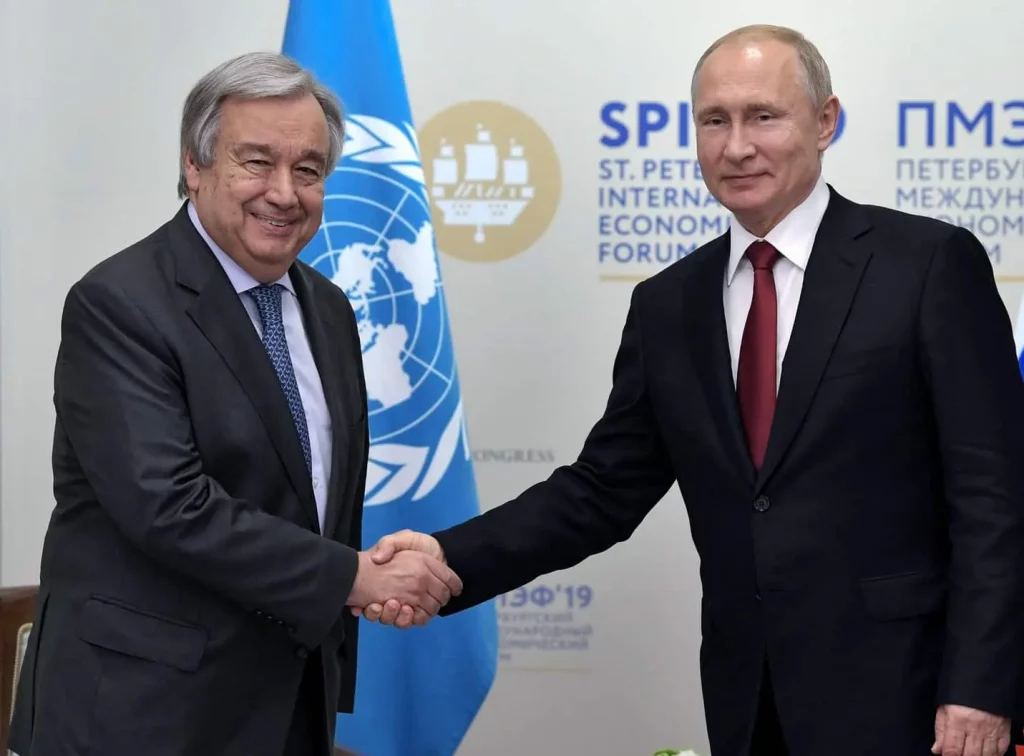
Amidst this chaos, however, a new idea emerges: the creation of a new United Nations that is founded on clearer principles and one that is free from the institutional weaknesses that have undermined the current organisation. This new UN would be designed to better reflect the interests and values of the emerging powers in the global system, and would be more flexible and adaptable to changing global circumstances.
In the flurry of these discussions, research shows that there already exists an organisation that has set the groundwork for such a new organisation. It has members from all over the world and prioritises principles over geopolitical interests. These focus on world peace, human rights, animal welfare and environmental protection. Membership would be fluid, so only governments willing to espouse these unalienable principles would be able to apply for national membership.
Over time, the idea gains momentum, and a coalition of countries come together to further develop this new United Nations that is truly representative of the global community with clearer principles that are designed to promote transparency, accountability and efficiency. It will be free from the geopolitical rivalries and power struggles that have hindered the ability of the current UN to act decisively on major global issues. With time, the wisdom of this UN, which becomes a beacon of integrity, is harder and harder to ignore. It gradually asserts itself as a goal for governments to aspire to because its virtue would speak for itself. Finally the mechanism of world order will start rolling again.
All these scenarios may seem bleak, but they also presents an opportunity for the international community to reflect on the weaknesses of the current United Nations and explore ways to create a more effective and representative global institution. By prioritising principles over geopolitical interests, a new United Nations could offer a fresh start for countries to come together and address the complex challenges of our time. It is up to us to seize this opportunity and work towards a better future for all.



